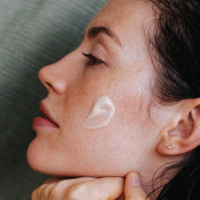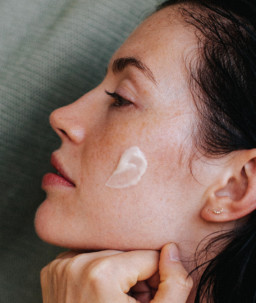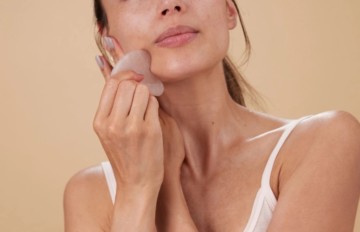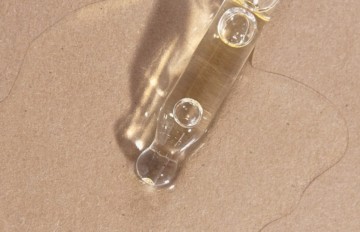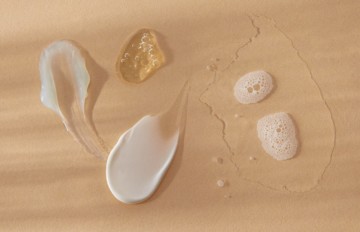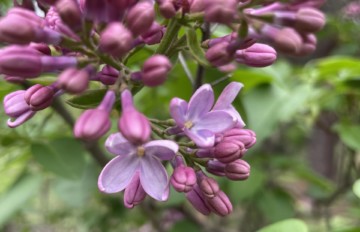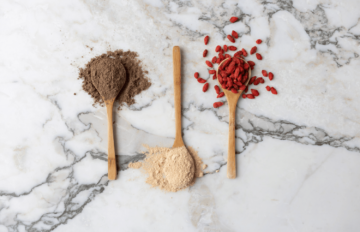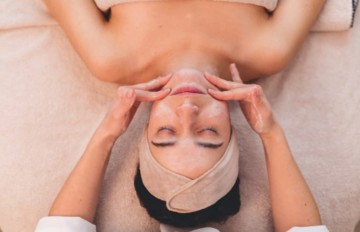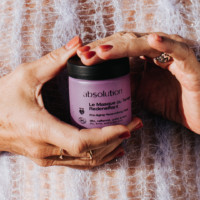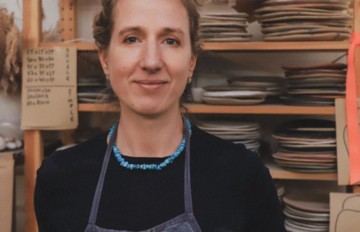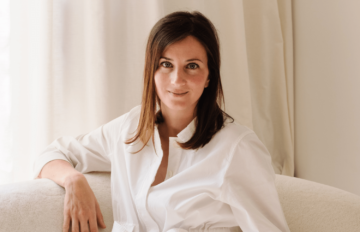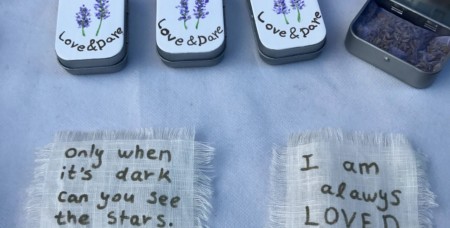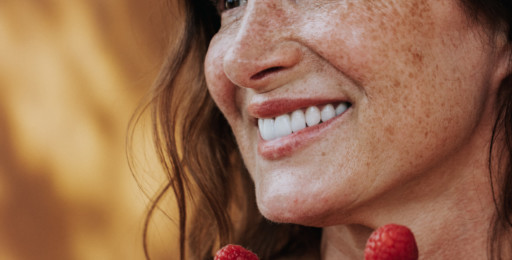
Isabelle Carron: “Menopause is not a decline.”
We asked a few questions to Isabelle Carron, our founder and naturopath, to help us better understand perimenopause and menopause — and navigate this transition with (almost) complete peace of mind.
How would you define menopause?
It’s a natural stage of life, marking the end of fertility. It’s not the beginning of the end, as society often suggests, but rather the start of a new cycle. As a naturopath, I see it as a major transition — physical, hormonal, emotional, and even spiritual — that deserves to be supported with gentleness and precision. Every woman experiences menopause in her own way.
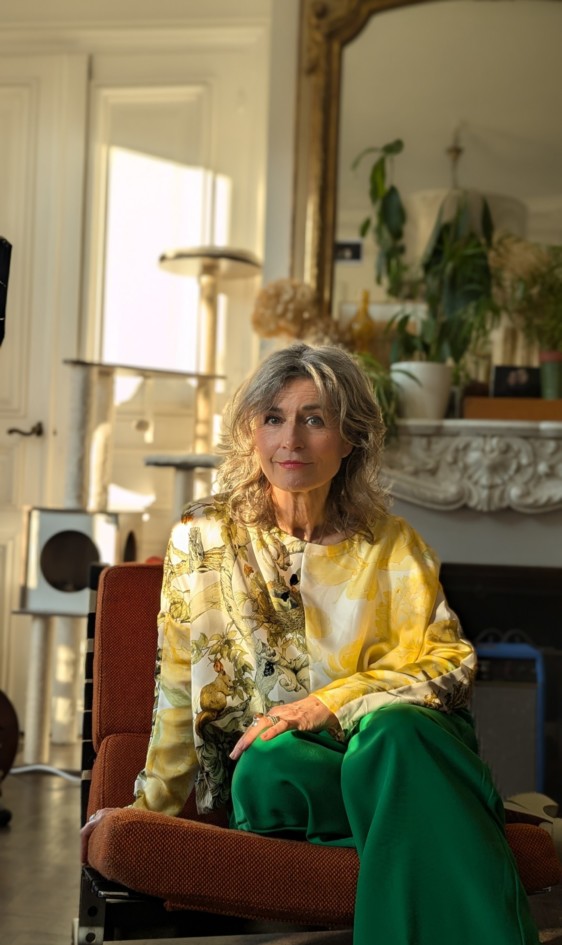

At what age does menopause usually begin?
On average, it begins around age 51, but perimenopause can start much earlier — sometimes as early as 40. The age varies greatly, which is exactly why personalised support is so important.
What are the warning signs?
The most common ones are hot flashes, sleep disturbances, mood swings, unexplained fatigue, irregular periods, brain fog, low spirits, weight gain, joint pain… there’s quite a list to choose from! I believe more than 70 possible symptoms have been recorded. But remember — not everyone experiences them, or not in the same way. Other symptoms can also appear later: vaginal dryness, decreased libido, anxiety. I also see changes in skin, digestion, and overall vitality. It’s often a disorienting time.
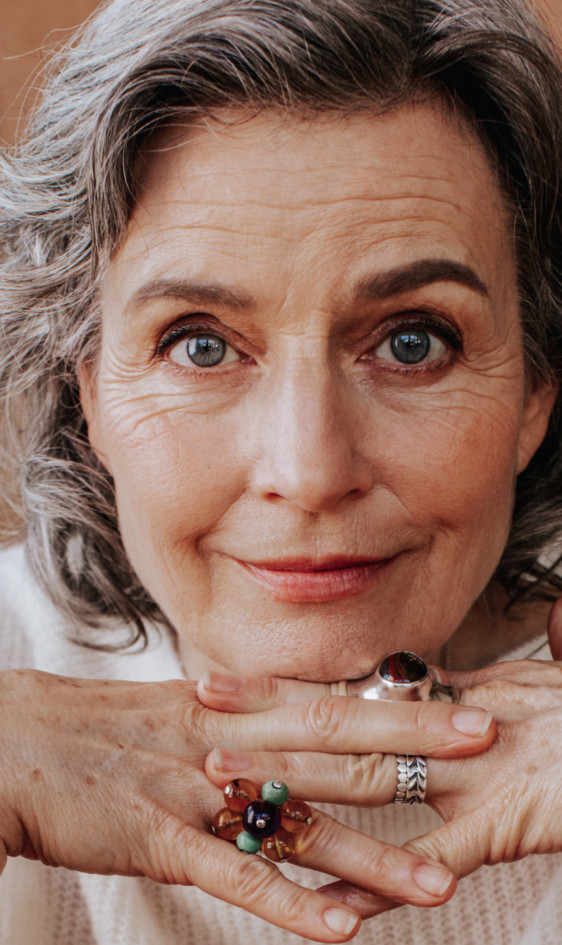

How did you experience perimenopause yourself, and what changes did you make?
Well, I started with a good dose of denial! My periods became irregular, then I bled non-stop for two months… all while experiencing intense night sweats that woke me up. I went to the gynaecologist, who told me I was likely in perimenopause and gave me tests and a support treatment to follow. I didn’t do either — and the very next day, everything went back to normal 😉
That phase felt a lot like adolescence — uncomfortable in your own skin, what used to work no longer does, and symptoms come and go without warning. It was unsettling, but also brought new interests, strong intuitions, and a huge breath of freedom! I changed my diet, incorporated more movement, and supported my detox organs — especially the liver and adrenals. That helped me stay more balanced.
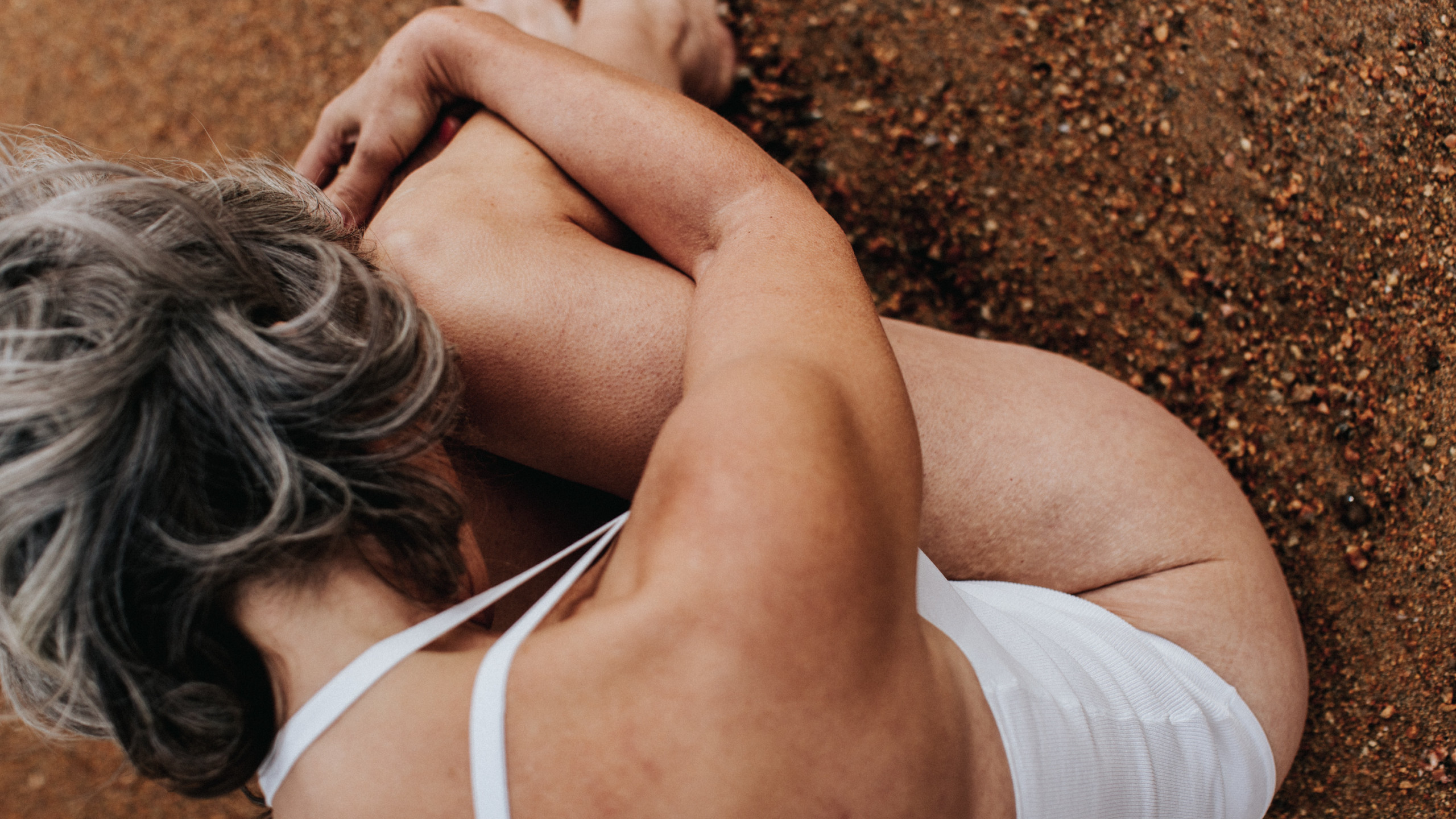
What are your thoughts on available treatments?
It depends on the individual. Hormone therapy can be an excellent option, but it’s not for everyone. Plants and medicinal mushrooms can also provide great support: sage, soy, ashwagandha, reishi, red clover… In naturopathy, we aim to restore balance naturally, supporting the body rather than forcing it into a fixed model.
How can you manage hot flashes naturally?
Support the liver, avoid stimulants (alcohol, coffee, sugar), incorporate adaptogenic plants like sage or shatavari, and nourish the adrenals. Sauna can also help — surprisingly! But you have to test and adjust. There’s no one-size-fits-all solution.

And what about loss of libido?
It’s multifactorial — hormonal, emotional, relational. You can boost overall vitality, circulation, and natural oestrogen levels. Lubricants are helpful too, since the vaginal wall thins and dries out after oestrogen drops — hyaluronic acid or even a pea-sized amount of oestrogen cream can help. It’s essential to keep seeing your gynaecologist and speak up if intercourse becomes painful. Above all, you need to reclaim your body and your pleasure — without pressure. And remember, menopause is a transformation your partner also needs to understand and embrace.
How can we anticipate physical changes?
By staying active, nourishing your muscles, improving sleep, and embracing a diet rich in omega-3, calcium, and magnesium. Listen to your needs — not external dogmas.
What lifestyle changes would you recommend?
Move often, lighten your plate without weakening it, increase protein intake, lift weights, get good sleep, pleasure, connection. Take vitamin D3 daily from October to May (if you live in a northern climate). Support your detox organs — liver, gut, adrenals. That’s the foundation of long-term vitality.
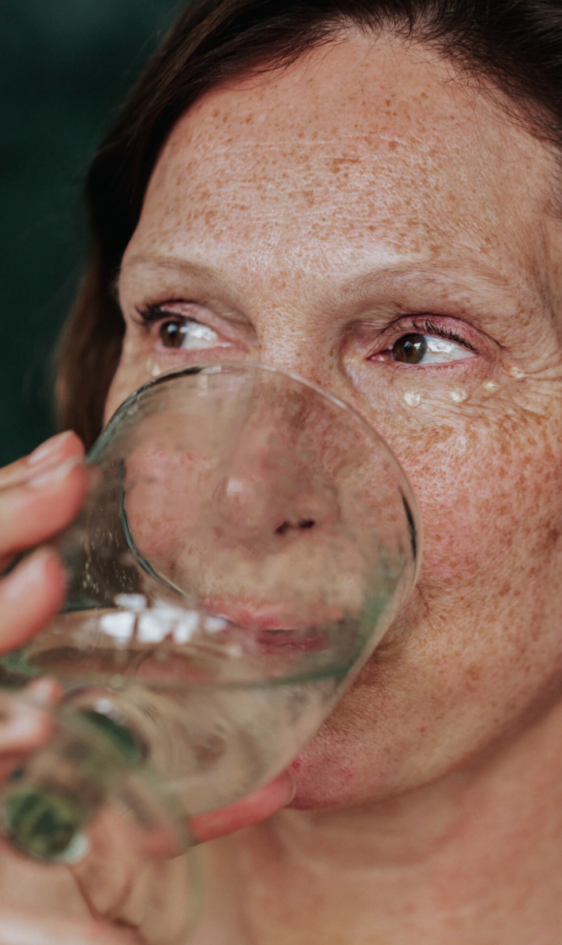

Are there any foods you suggest avoiding or favouring?
Instead of banning, I prefer to say: favour plant-based foods, omega-3s, quality proteins, flax seeds, and whole carbohydrates. Reduce ultra-processed foods, fast sugars, and stimulants.
Say yes to:
- Organic fruits and vegetables: Packed with fibre, vitamins, antioxidants — key to a happy microbiome! Raw if your digestion allows, otherwise steamed or lightly sautéed. Avoid long cooking times.
- Organic legumes: In small portions and pre-soaked — rich in nutrients, potassium, and fibre.
- Organic whole grains: Swap white bread, rice and pasta for their whole versions. Pair with legumes for complete plant-based protein.
- Organic dairy (if tolerated): Goat or sheep cheese, or yogurt. No more than once a day — they’re acidifying.
- Tofu/tempeh: Great plant proteins, inexpensive, easy to cook, and offer phytoestrogens.
- Oily fish: Herring, sardines, mackerel — for omega-3s and vitamin D. Eat two tins a week, oil included.
- Organic meat: If you’re not vegetarian, limit to 2–3 times a week, in small amounts. Think quality over quantity. Chicken, eggs, fish are great too.
- Seaweed: Protein-rich and immune-boosting. Higher in iron than land plants — great for fighting fatigue and anaemia. Two tablespoons per week is plenty.
- Sprouted seeds: Nutritional powerhouses, full of vitamins and enzymes. Easy to find or grow at home.
- Nuts and seeds: Hazelnuts, walnuts, almonds — high in healthy fats, but go easy, they’re demanding on the liver.
- Flax, chia, hemp seeds: All rich in omega-3s. Flax and chia form a mucilage that supports digestion, satiety, blood sugar regulation. Flax also offers phytoestrogens and lignans that may help with hot flashes.
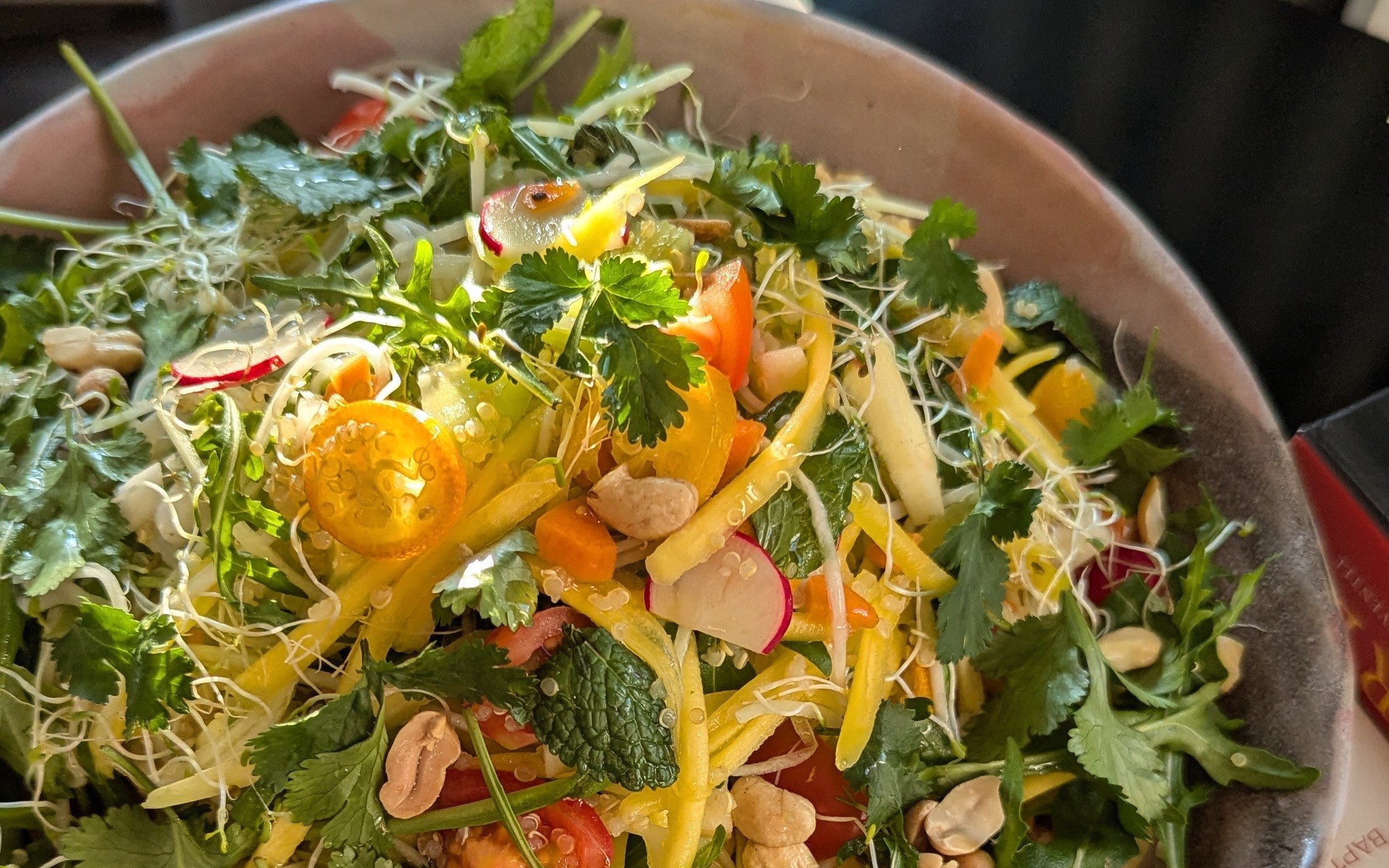
Go easy on:
- Coffee and black tea: Stimulants that can increase internal heat and sweating. Limit to two cups a day.
- Alcohol: Sorry… but alcohol is not a friend during this time. If you must, stick to red wine and not every day.
- Cured meats: Too salty, loaded with unhealthy fats. Better to switch to cleaner proteins.
- Sugar: Addictive, mood-altering, triggers hot flashes. It also affects your skin’s beauty — and health. The less, the better!
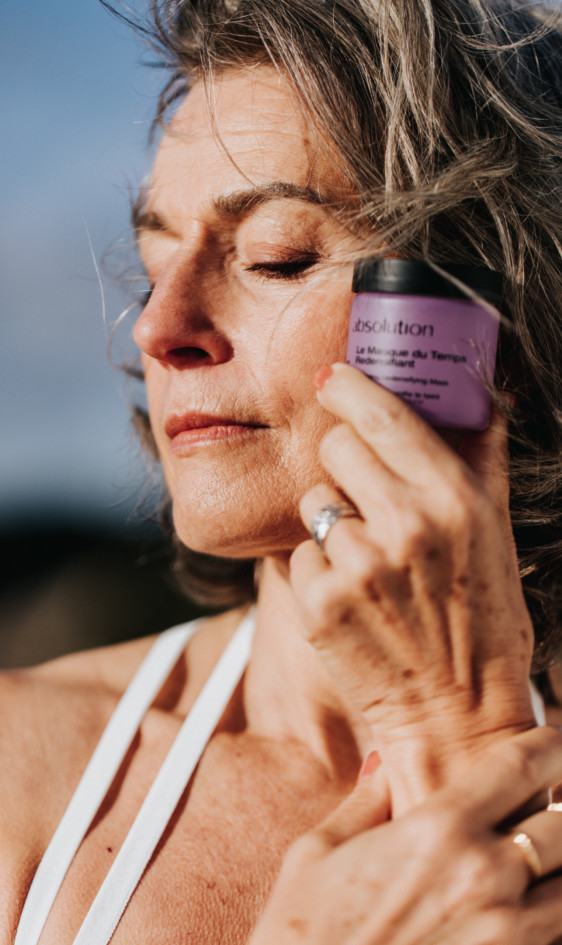

What impact does menopause have on skin and hair?
With declining oestrogen, collagen and hydration drop. Skin can become drier, thinner. Hair may thin out. You need to nourish from the inside (antioxidants, omega-3, zinc…) and the outside with gentle, targeted care. The more the skin’s natural systems slow down, the more support they need.
Which Absolution products would you recommend?
Le Baume Céleste, La Crème du Temps, Le Masque du Temps, and Le Booster Lift — all designed to support skin during this transformative time, and restore radiance, density, and comfort.
I also love La Crème Réparatrice Regard and Le Sérum Anti-Soif for a hydration boost. And always Addiction, which I alternate with La Crème du Soir or Le Masque du Temps.
What’s your skincare routine like?
Not exactly minimalist, as you can see — but it’s coherent! I also use Skeen patches, regenerative microcurrent, and a bit of manual massage when applying my products. But truly, my real routine is food, movement, breath and sleep — with a wide margin of improvement for the latter!
A final word?
Menopause is not a decline. On the contrary: it’s a rise in power — if we choose to make it a time for self-attention. You can go through it healthy, autonomous, empowered. And that, truly, is an inner revolution.
